Convention - Comic Con France 2025: James Marsters and the Undying Legacy of Buffy the Vampire Slayer
By Mulder, Villepinte, Parc des Expositions, 13 april 2025
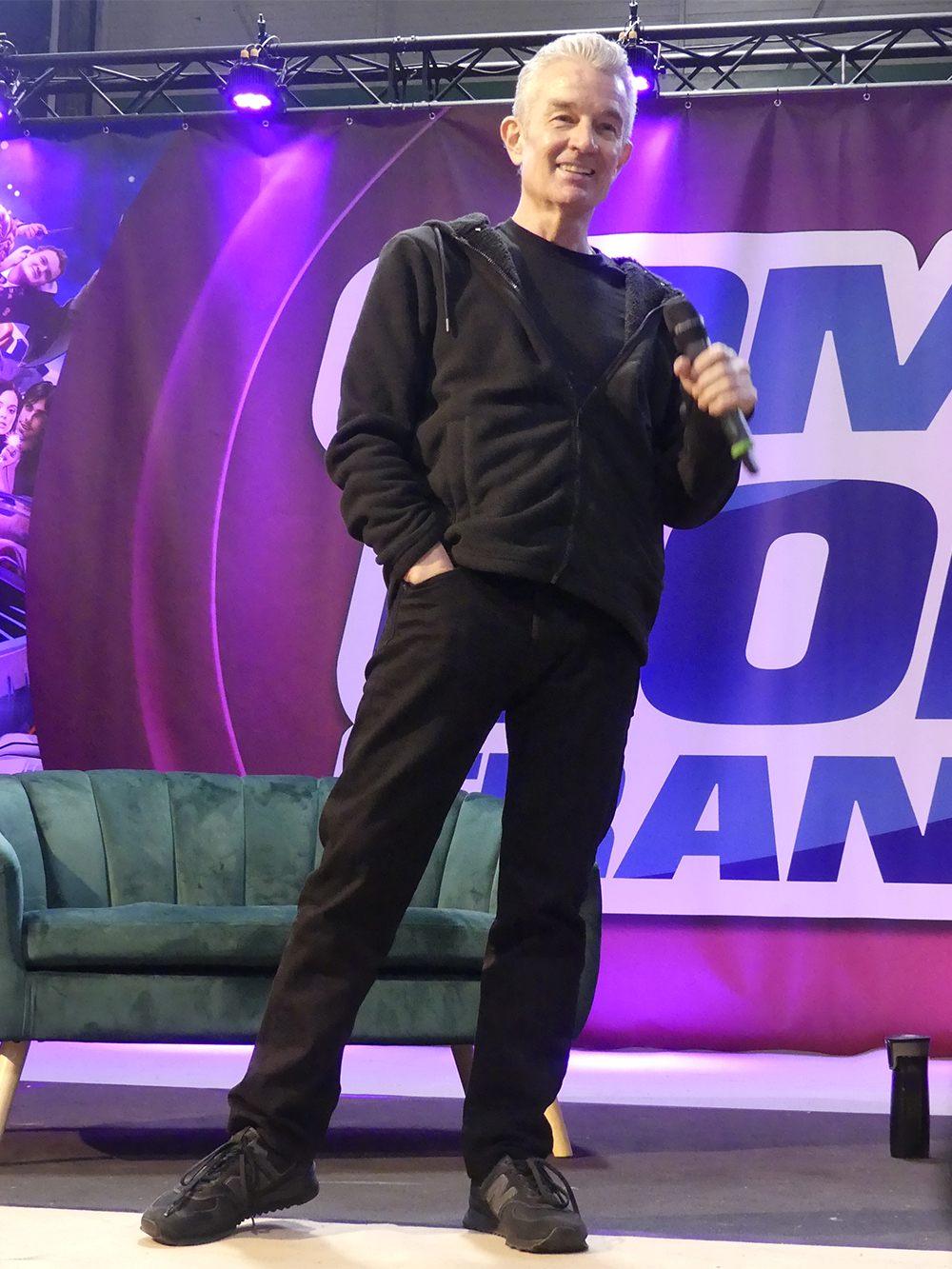
There are panels that entertain, others that educate—and then there are those rare few that strike an emotional chord with an audience so devoted that it feels more like a family reunion than a Q&A. That’s exactly what unfolded on April 13th, 2025, on the Main Stage at Comic Con France, as James Marsters—iconic for his role as the British punk vampire Spike in Buffy the Vampire Slayer—delivered a nostalgic, heartfelt, and unexpectedly profound conversation that reminded everyone present why the Buffyverse still resonates, decades after the show’s finale. For an hour that seemed to suspend time, the veteran actor, musician, and cult figure turned the spotlight away from Hollywood spectacle and towards something more intimate: a raw, candid look at what it means to create—and live—inside a phenomenon.
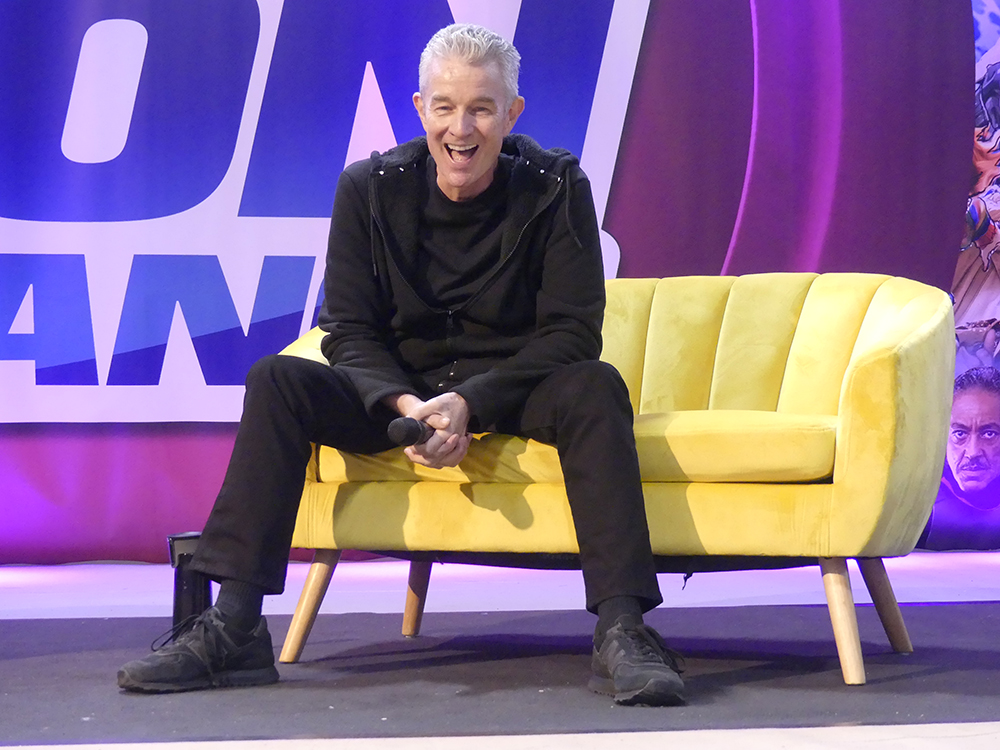
The atmosphere in the packed hall was charged well before Marsters even set foot on stage. Fans spanning generations filled the venue—some draped in leather jackets and peroxide-blonde wigs, others in homemade Sunnydale High merch. The applause that greeted him was thunderous and immediate, not just for the actor himself but for the living memory of Spike, a character who started as a one-off villain and transformed into a layered antihero that audiences couldn't let go of. Marsters, visibly moved, wasted no time diving into the unexpected longevity of his role. He shared that Spike was only meant to last five episodes—dirty, evil, punk rock, and then dead—but fan response rewrote the script. Buffy fans are powerful, he mused, underscoring how audience passion directly influenced network decisions and character arcs.
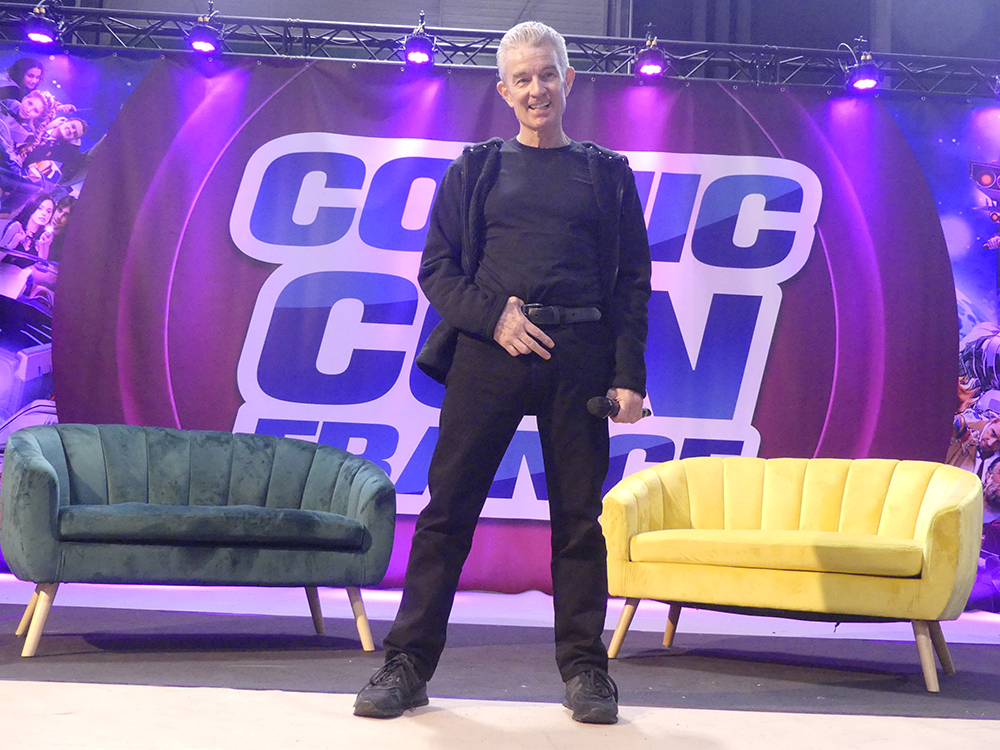
As the conversation unfolded, it became increasingly clear that Marsters’ relationship with Spike—and the Buffy franchise as a whole—was deeply personal. He offered behind-the-scenes stories with a sense of humor and honesty that peeled away the polish of celebrity and revealed a man still in awe of what Buffy became. One particularly touching story involved his initial audition and the dialect coaching he received from Anthony Stewart Head (Giles) to perfect Spike’s London accent. He confessed he had no idea the show would become so influential, let alone that it would define a large portion of his career. He spoke of the surreal moment when Spike was written into Angel after Buffy’s end, a secret the network quickly spoiled for marketing purposes—but one he tried to keep for the fans’ sake. These anecdotes weren’t just trivia—they were windows into the machinery of genre TV during its golden age.
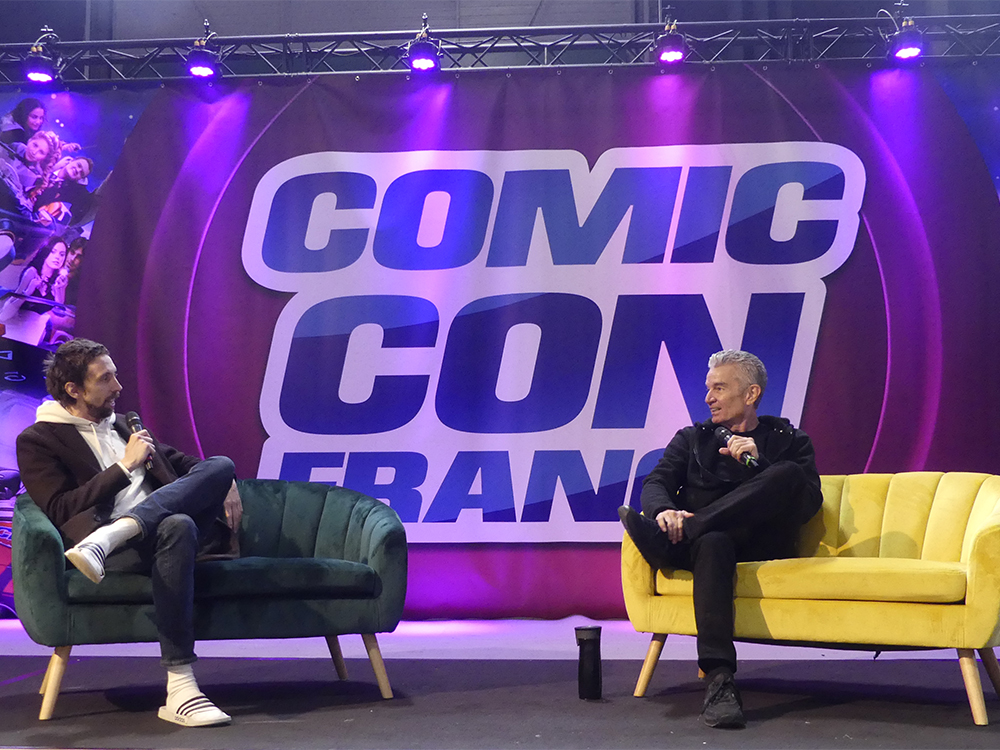
The heart of the panel, however, wasn’t found in tales of casting or makeup chairs. It came when Marsters touched on the thematic weight of Buffy the Vampire Slayer—and how it evolved from a genre piece into a cultural and emotional touchstone. He emphasized that Spike’s arc, particularly his tumultuous, controversial relationship with Buffy, was never intended as a love story in the traditional sense. Rather, it was a narrative about self-loathing, redemption, and transformation. His interpretation of Spike’s soul journey—culminating in the vampire’s quest to literally win back his soul—was a highlight. Marsters didn’t shy away from the dark parts of that arc either, acknowledging the discomfort many fans felt while reaffirming the importance of storytelling that doesn’t offer easy answers. His insights were those of a man who not only portrayed a character but lived with his legacy long after the cameras stopped rolling.
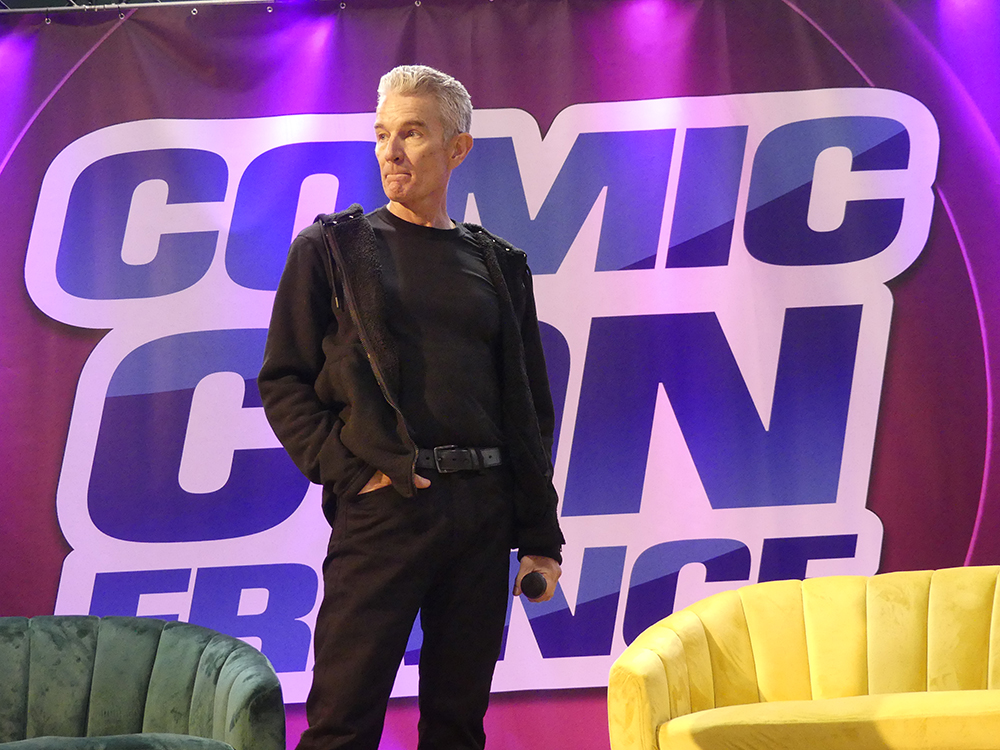
Marsters also took the time to recognize the cultural ripple effect of the series, particularly its role in redefining what female-led genre shows could be. He praised the cast, especially Sarah Michelle Gellar, for setting a tone that demanded emotional commitment, physical endurance, and intellectual rigor. He credited Buffy’s success to its metaphorical power: how monsters served as mirrors for adolescence, trauma, love, and loss. In one powerful moment, he noted that Spike himself wasn’t so much a creature of the night, but a metaphor for addiction, obsession, and ultimately, the hard path toward self-awareness. For fans who’ve followed Spike’s journey from chaos agent to reluctant savior, these reflections felt deeply validating—and deeply earned.
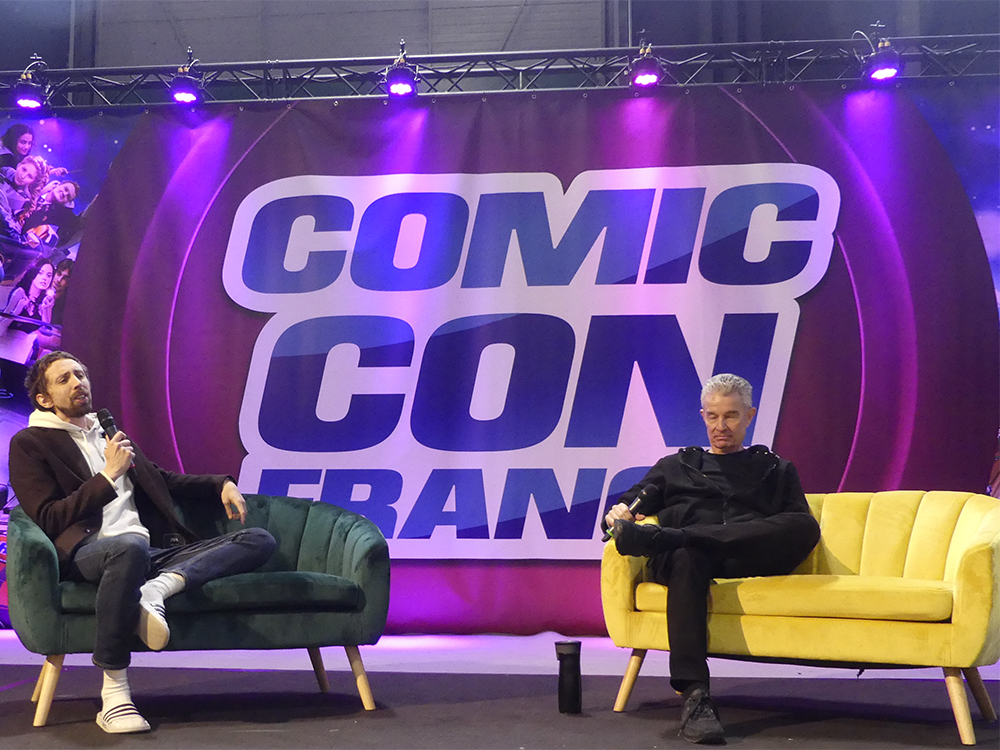
In a particularly memorable moment, he mentioned the recently released Ghost of the Robot album, Tin Man, which includes a track he wrote during his Buffy years called Don’t Worry Son. The crowd fell into a reverent hush as he described the song’s origins—written during an emotional point in the series, capturing the fragility of hope through the eyes of a monster trying to be a man. That Marsters is as passionate about his music as he is about his acting became apparent, and it all felt part of a larger mosaic: a creative life shaped and reshaped by the mythos of the Buffyverse.

As the panel wrapped, the crowd rose to their feet once again. There were no flashy visuals or trailer reveals, no stunts or surprise cameos—just a man and a microphone, and a room full of people who knew they were witnessing something meaningful. James Marsters had taken what could have been a standard fan-service event and turned it into a communal meditation on art, memory, identity, and change. It was a fitting tribute to a series that started as a subversive twist on horror tropes and became, over time, one of the most enduring cultural texts of the modern television era.

Walking out of the Main Stage that afternoon, one couldn’t help but feel that Buffy the Vampire Slayer—and Spike in particular—had never truly ended. They live on not just in reruns or reboots, but in the hearts of everyone who saw themselves in the Hellmouth, who heard their pain and power reflected in Willow’s spells or Giles’s books or Buffy’s stubborn heroism. And for one brilliant hour at Comic Con France 2025, James Marsters reminded us why we still care.
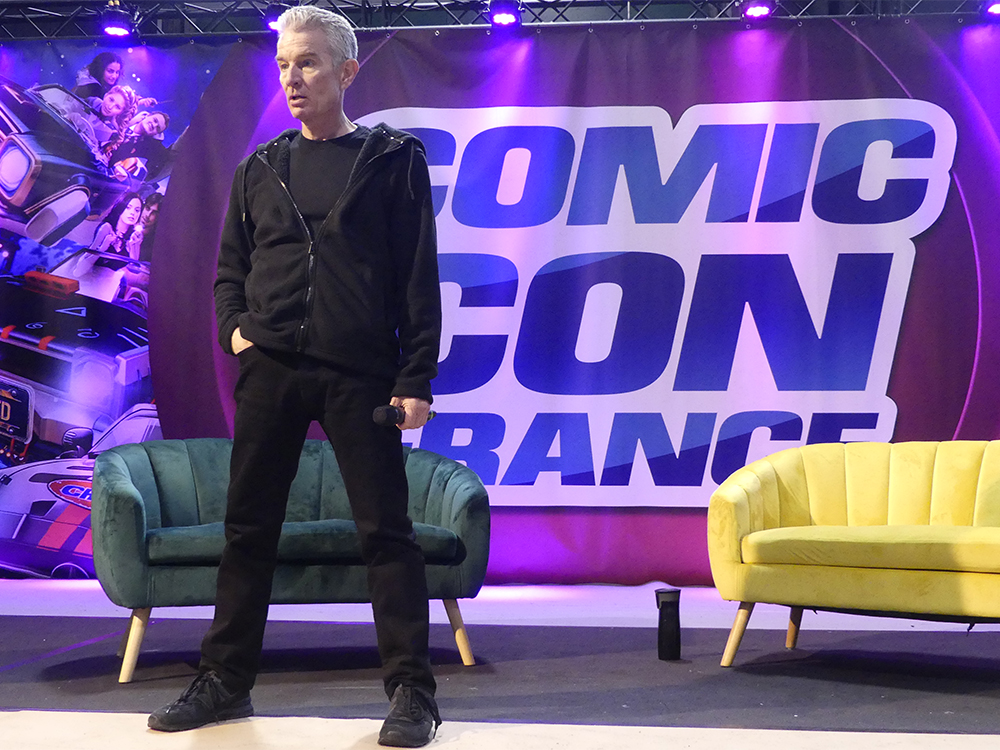
You can discover our photos selection in our Flickr page
Photos and video : Boris Colletier / Mulderville

